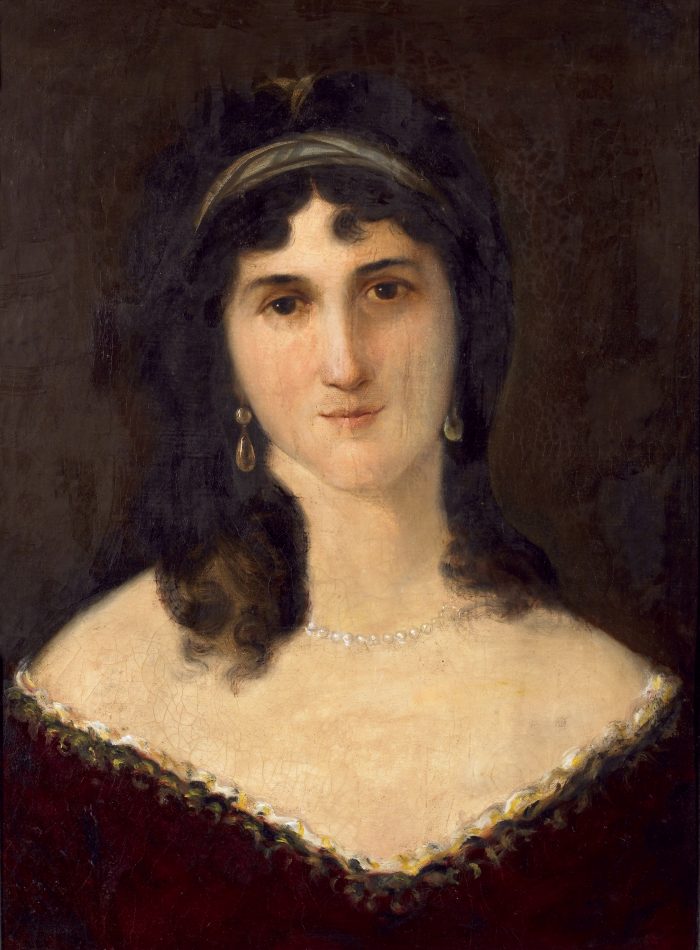The literary salons of the time where places where educated women of high society could socialise, participating in the world of arts and letters. In this environment, female poets and authors could share their work and receive the criticism of fellow artists, as well as build a network that was friendly and supportive. Isabella Theotoki was highly celebrated as hostess for the high intellectual level of the gatherings she hosted in her salon. She became famous beyond the borders of Italy, prompting many men of letters to travel to Italy to meet her and join her club. It was said that at her salon one could hear simultaneous discussions being held in 20 different languages and local dialects. Isabella frequently spoke to her guests about Greece. She recalled the sun and beautiful nature of her birthplace, Corfu, and spoke with pride of the great Greek poets and writers. When Ioannis Capodistrias visited Italy (1819) as Foreign Minister of Russia, he did not miss the opportunity to spend some time with Isabella and her guests, among whom was also his good friend Andreas Moustoxidis. The friendships Capodistrias made with important European personalities at Isabellas philological salon would become part of network of acquaintances that would prove useful in the course of Greek independence. For the rest of his life, he would correspond with the famous salonnièreo of Italy. A frequent presence at Isabella’s salons was her cousin Maria Petrettini (1772-1851), a dear friend of Mario Pieri. Maria was educated, clever, and social, a progressive thinker and prolific writer.
Center of Capodistrian Studies
Koukouritsa – Evropouloi
Corfu Greece
T (+30) 26610 32440
E info@capodistriasmuseum.gr


